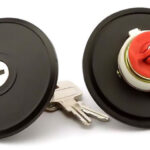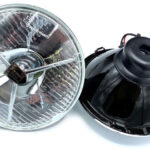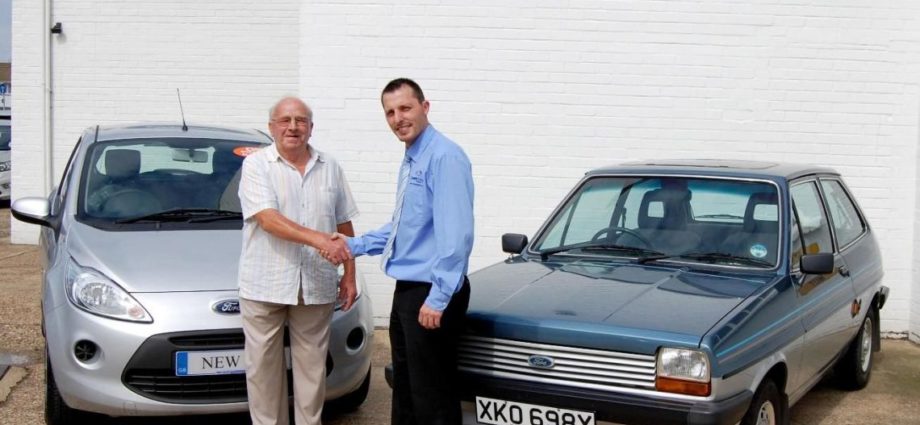Just over a decade ago the government propped up the motor industry with a scrappage scheme which saw registrations of new cars leap by 28 per cent during a recession. Now, in the wake of the Covid crisis there are calls to bring back a similar incentive – though the government has resisted these calls, so far.
Hagerty has researched scrappage as an investigative editorial feature, speaking with those on both sides of the fence to discover the true cost of such schemes and the impact it has on the classic car industry.
The full feature can be read here at Hagerty.co.uk
What is scrappage and how did it work?
Scrappage provides drivers with a financial incentive that is designed to encourage them to trade in and scrap an old car in exchange for a new model. Such a scheme was introduced to the United Kingdom in May 2009.
Under the rules for the last incentive, a buyer could trade in a car which was more than 10-years old and receive £2,000 off the price of a brand-new car. Traded vehicles had to be owned for more than 12 months and have a valid MoT.
What effect did the 2009 scheme have?
In total, 392,227 cars were registered through the scheme, the most popular models were budget small cars. The i10 city car cost £4,995 after scrappage – or just £85 per month on finance.
The sales success of new models also meant the same number of old cars were consigned to the scrap heap – including some cars which were considered either classic, exotic or rare at the time.
What happened to scrapped cars?
Cars were officially destroyed and could not be returned to the road or exported. The government made sure that no one could cheat the system and without the proper paperwork the dealer wouldn’t get any money.
What sort of cars were destroyed?
Unsurprisingly the most scrapped cars were best-selling models from a decade or more previously. But even the mundane has value, with many being exhibited at Hagerty’s own Festival of the Unexceptional, a concours event for forgotten mainstream cars of yesteryear.
The government’s official reporting on the Vehicle Scrappage Scheme (VSS) highlights the loss of rare and sought-after classic and modern-classic cars which will make painful reading for any car enthusiast.
German exotica meeting the crusher included an Alpina B7, BMW’s M5 and 850i, three Porsche 928s and even an original Audi Quattro. A total of 31 Peugeot 205 GTIs died, alongside 14 Impreza Turbos and several V12 Jaguars.
Less sporty but still sought-after now is a long list of Series Land Rovers, Morris Minors, classic Minis, original Beetles, 2CVs and MGs.
Couldn’t these cars be used for parts, at least?
Legally they could and only the bodyshell couldn’t be reused. But you had to study the small print of the VSS to learn this, and many didn’t.
Had they done so; it could have increased the volume of used components available to classic car owners. This in turn would have helped protect the classic car industry, which contributes an estimated £7bn to the UK’s economy. Unfortunately, few drivers knew the regulations inside out, and even those that did weren’t inclined to take their old car apart.
More detail can be found in the full feature here at Hagerty.co.uk
Could scrappage happen again?
There were strong rumours in May that a new scrappage scheme was close to being announced, with the government proposing a £6,000 discount on a new electric or hybrid model. Schemes introduced in France and Germany have seen demand recover to pre-Covid levels.
There are also concerns that scrapping serviceable old cars is not environmentally sound – around one fifth of the lifetime CO2 pollution created by a petrol car is created when it is made according to the European Environmental Agency.
However, pressure from the automotive industry continues. Mike Hawes, SMMT Chief Executive said: “Of Europe’s five biggest economies, Britain now stands alone in failing to provide any dedicated support for its automotive industry. Until critical industries such as automotive recover, the UK economic recovery will be stuck in low gear.”
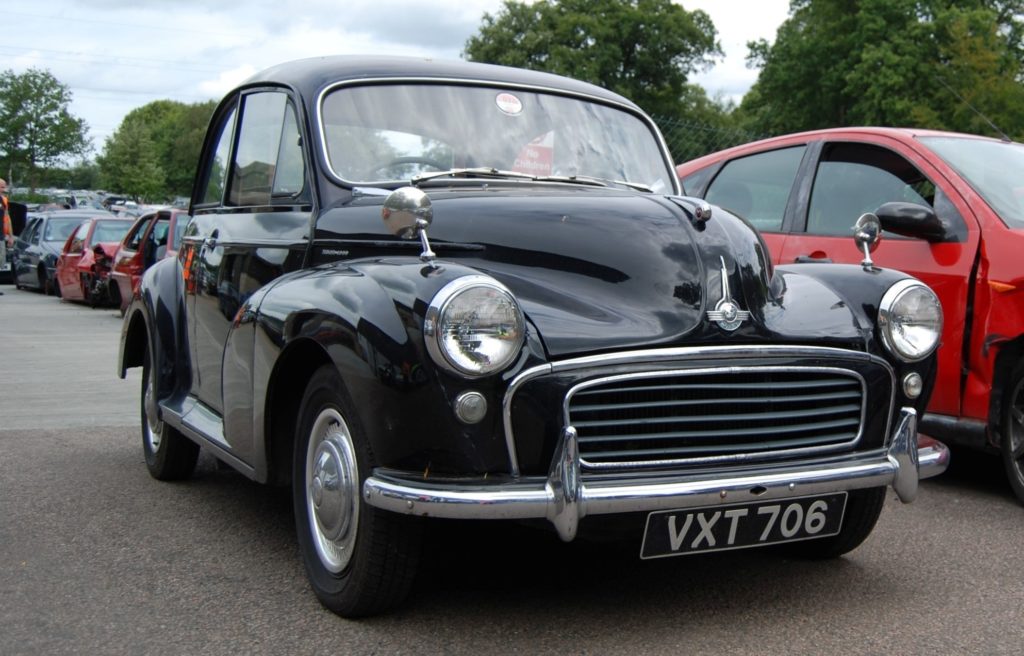
What does the classic car community think?
Generally, it is horrified at the thought of it. In 2016, 33,765 people signed a petition to save some surviving cars which were stored on an old airfield. It was rejected by the government as the cars were now privately owned by the scrap dealers and could not be rescued by politicians.
Mike Brewer, host of Wheeler Dealers, is the most famous classic car fan in the world, with 200 million viewers in 217 countries watching his TV show. Speaking with Hagerty, he shared how affected he was by the loss of an MG: “I wept during the first scrappage scheme. My local Citroen dealer had a 6,000-mile MG Metro. It looked like someone had just peeled the cellophane off it – and it was being scrapped. That broke my heart. I could see why the scheme was there to keep the industry going but there were profits to be had by offering people the opportunity to buy them.”
What effect did it have on the classic car market?
With nearly 400,000 cars destroyed which were more than a decade old, in 2009, it took out an entire generation which would now be 20 or 30-year old classics. According to Brewer,
“It certainly drove up prices of those classic cars which were left behind. We are still seeing the effects today. Values have been rising at 15% a year consistently ever since. We are now at a point where we see Ford Sierra Cosworths being sold at auction for £155,000. That’s great if you own of those but there is all this value in cars which have been left on an airfield to rot or were recycled into bean cans. That’s not great for anyone”.
Mike Brewer, Wheeler Dealers
Hagerty UK Editor, James Mills said, “Hagerty is here for drivers of all manner of enthusiast cars, and doesn’t want to see the car community lose increasingly rare models all over again. There are lessons to be learned every step of the way, should any scrappage incentive return.”
Hagerty UK Valuations Head, John Mayhead said, “During scrappage, many of the cars consigned to the crusher had little value. Today some have become sought after classics and, as the attached graph (below) shows, the rises have been significant. Take the Audi 20V Quattro submitted to scrappage, that model can be worth £70,000 today. Hagerty urges any older car owner to obtain a free Hagerty valuation should they be considering trading with a dealer, be it as part of scrappage or not. Some owners simply don’t know what they have.”
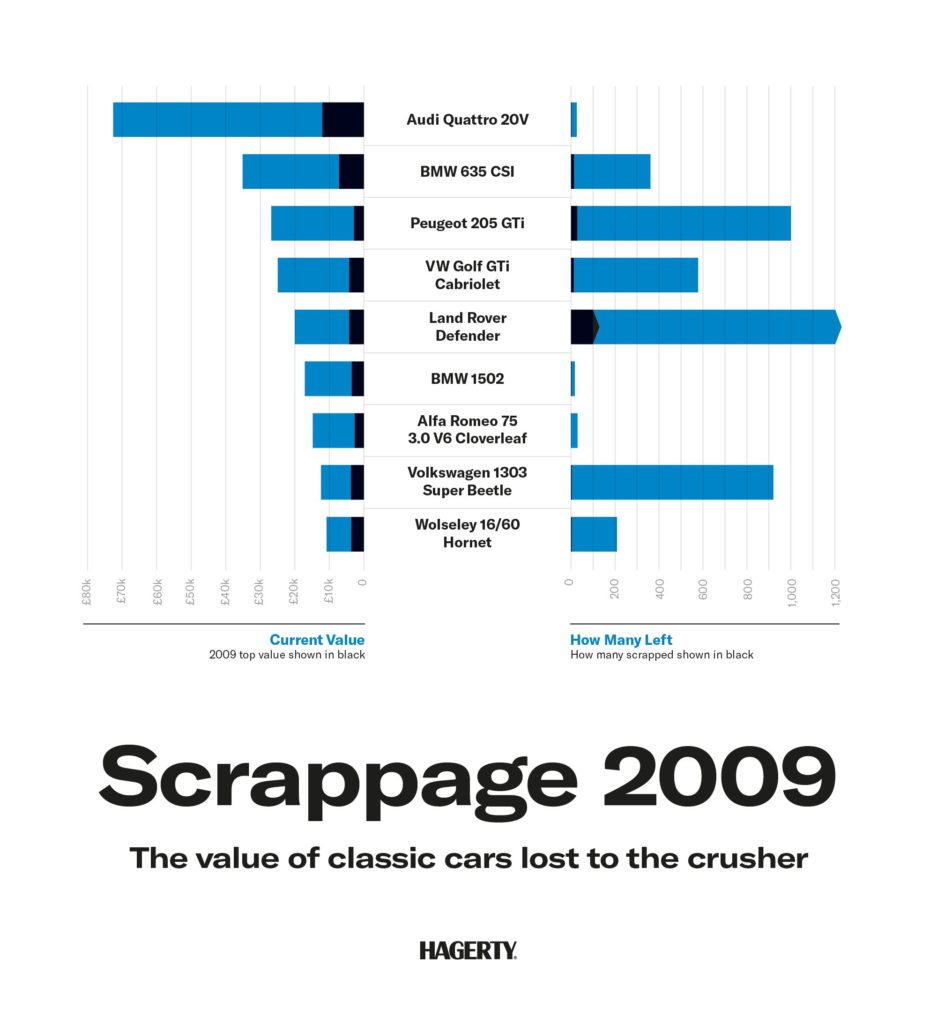
Mike Brewer has an idea though:
“Maybe there is a way that it could work. The government could give the dealer 14 days after the car comes in to refund the £2,000 if they think they can sell it on. If they can dispose of the car for a profit, it’s brilliant for everyone and good cars aren’t wasted”.
Mike Brewer, Wheeler Dealers
The full Hagerty Scrappage feature can be read here at Hagerty.co.uk
The Hagerty Online Valuation Tool can be found here:





